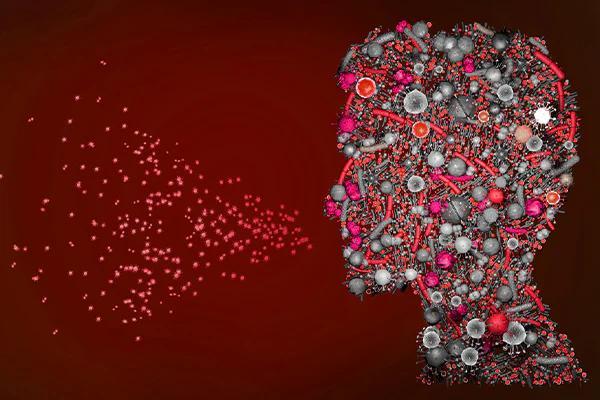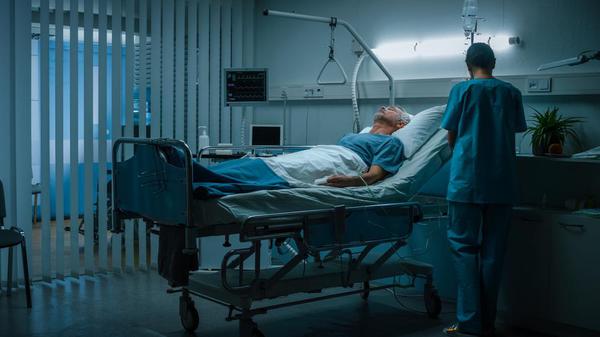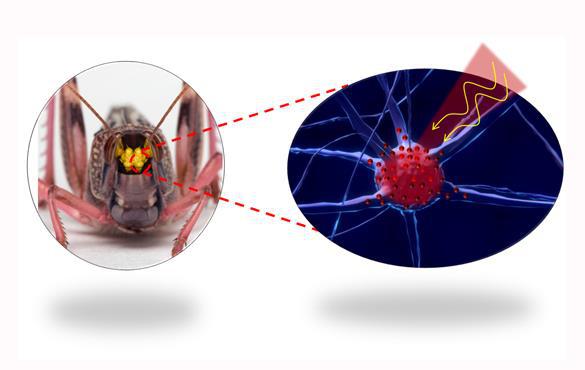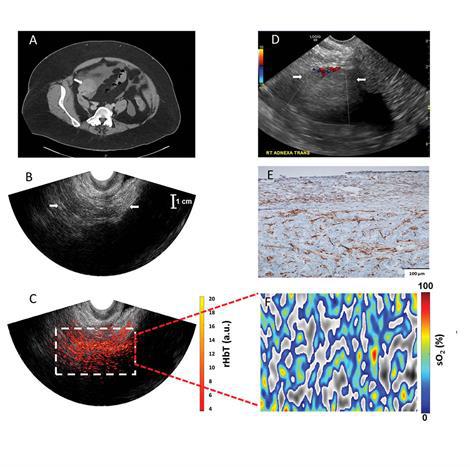
Team to develop breathalyzer test for COVID, RSV, influenza A
Imagine the ability to quickly and accurately diagnose if you are infected with influenza, respiratory syncytial virus (RSV) or COVID-19 with one breath in less than a minute. A team of researchers at Washington University in St. Louis is developing an inexpensive, handheld breathalyzer that could make rapid screening a step closer to reality.
Rajan Chakrabarty, the Harold D. Jolley Career Development associate professor of energy, environmental & chemical engineering at the McKelvey School of
Rajan Chakrabarty, the Harold D. Jolley Career Development associate professor of energy, environmental & chemical engineering at the McKelvey School of










